Without culturing samples in a lab it’s impossible to know which bacteria (less likely) or fungus (most likely) is causing this problem, but even without a definite diagnosis the actions for the home gardener would be the same. Know that the cool night temperatures that most of the Northeast has experienced this summer have lead to a variety of fungal/mildew problems on many plants.
1. Cut out the most damaged leaves and foliage and throw them in the garbage.
2. Be sure that you only water this area deeply once a week. Get a rain gauge and if nature hasn’t delivered an inch of rain that week, water with a sprinkler in the morning until the rain gauge (not any thing else – a carton isn’t the same as a real rain gauge!) shows between 3/4 and one inch of water. Then don’t water again for 7 days. Never hand water, especially in the evenings. Every fungal disease in the book lists too frequent watering as one cause.
3. After removing the worst of the leaves spray with one of the organic fungicides such as Actinovate, Serenade, sulfur or copper.
4. Continue to pick off the worst of the symptoms and throw them out.
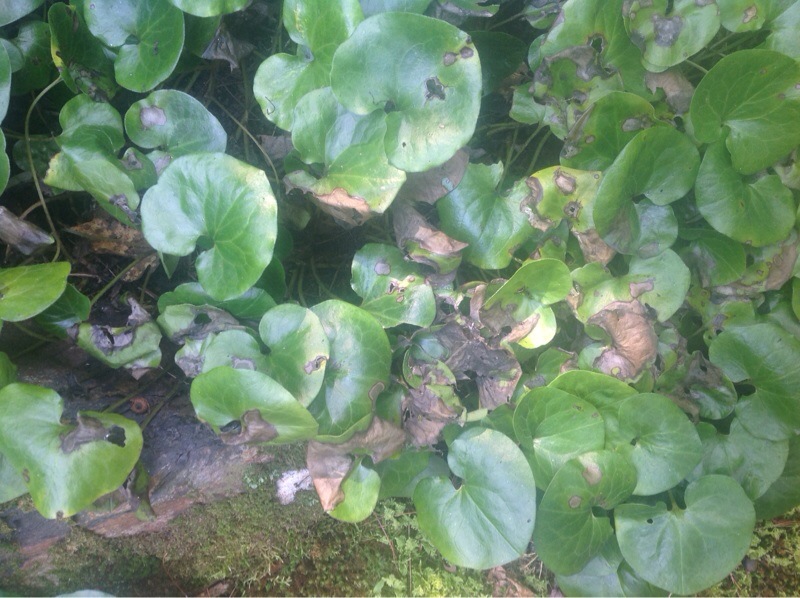
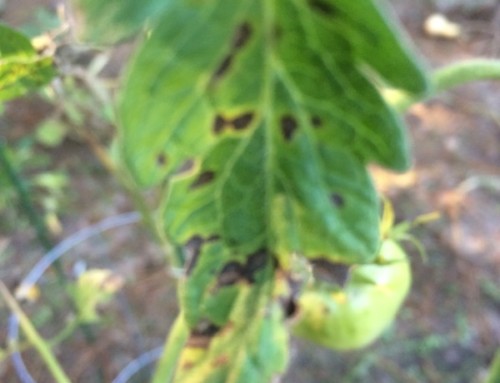
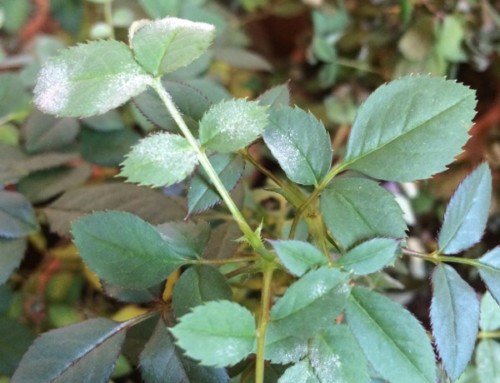
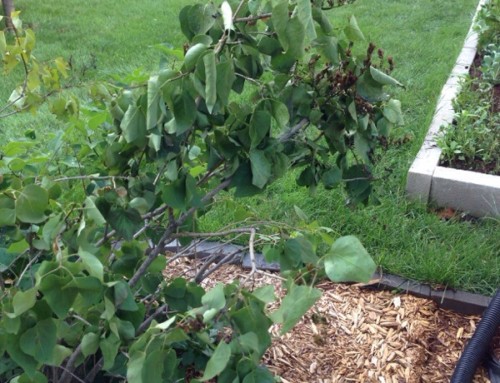
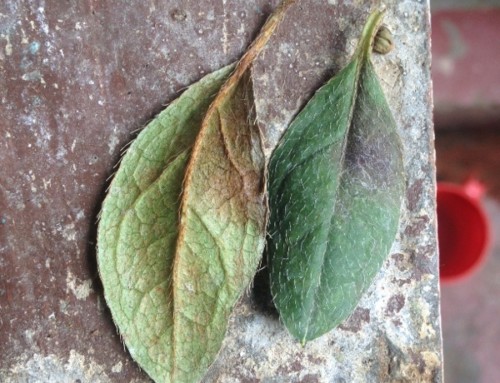
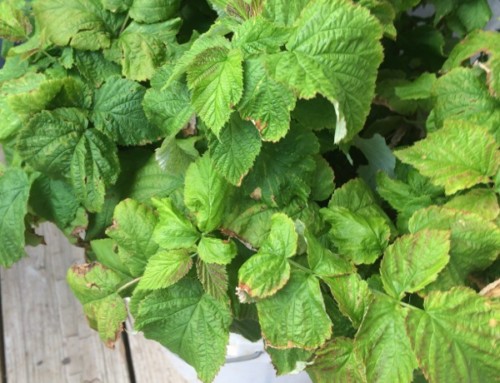
Leave A Comment